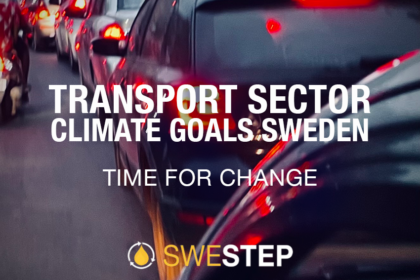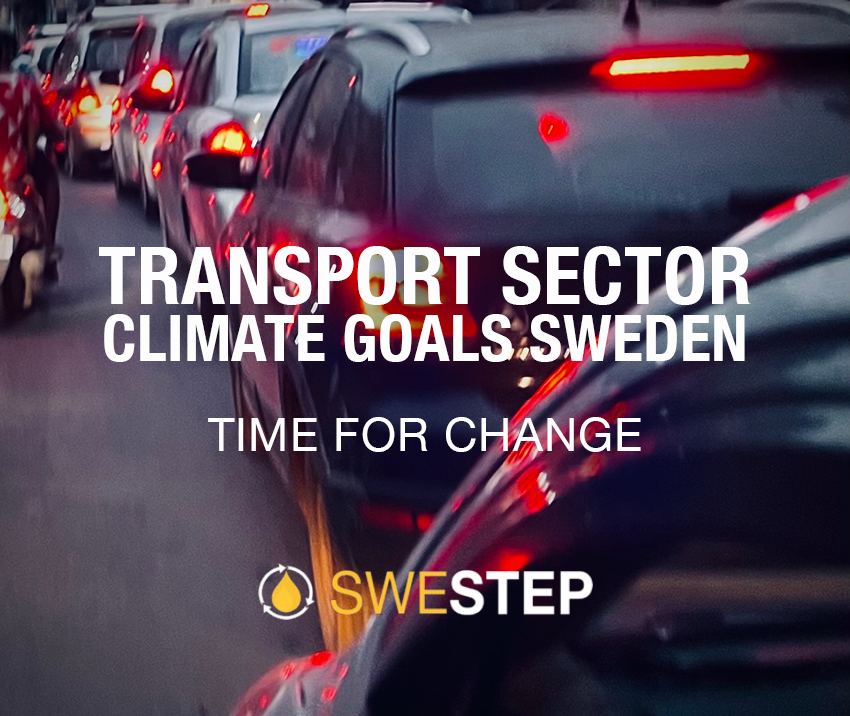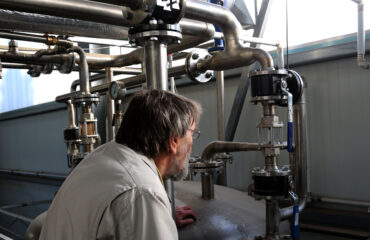

Time for Change – Time for Action
Sweden can in a sustainable and efficient way both reduce carbon dioxide emissions and fossil fuel dependence in the transport sector.
There is talk in the media about new electric car sales records… But 97 percent of all cars in Sweden have a petrol or diesel engine. Therefore, the mixing of green fuels is the most important measure if Sweden is to reach its climate goals, according to the Swedish Environmental Protection Agency.
This year, mixing ethanol in gasoline will reduce emissions by 0.5 million tons of carbon dioxide. Mixing in diesel reduces emissions by 3.2 million tonnes.
All of Sweden’s 300,000 electric cars and plug-in hybrids reduce the climate footprint by approximately 0.5 million tonnes of carbon dioxide. Biofuels thus have seven times greater climate benefit, because so many more cars apply.
It is a powerful control tool that is perhaps the most important measure for whether we are to meet the climate goals by 2030, says Fredrik Hannertz, acting climate manager at the Swedish Environmental Protection Agency. It is called reduction obligation. The law states that the diesel sold must have 30.5 percent lower emissions in the year 2022. Then 40-45 percent involvement is required.
It is a silent climate revolution, where the responsibility to reduce emissions does not only lie with individuals and motorists, says Ludwig Kollberg, head of communications at Preem.
To reach zero emissions by 2045, electric cars are the intended solution. But for the climate, it is decisive what happens in the next few years. That is why the involvement of defensible alternatives to all the millions of cars with internal combustion engines is so significant, according to the Swedish Environmental Protection Agency.
THE SOLUTION IS CLOSER THAN YOU KNOW – WASTE PLAYS AN IMPORTANT ROLE
Waste is today a global problem that can replace the world’s dependence on fossil fuels by refining it into an asset. It is neither sustainable nor justifiable to burn waste or put it in landfills.
See waste as an asset that can turn a global problem into a circular asset for the creation of a truly fossil independent and sustainable society.
– So, in order to create viable conditions for a sustainable climate transition to a truly fossil-free society, we must be realistic both from an economic and environmental perspective.
All application options (from fuel and energy to industrial performance chemicals) must be considered before deciding what to support and prioritize by policy makers.
“Synthetic green fuels and oil have become an important part in being able to reduce carbon dioxide emissions in the creation of a sustainable and circular society”…



